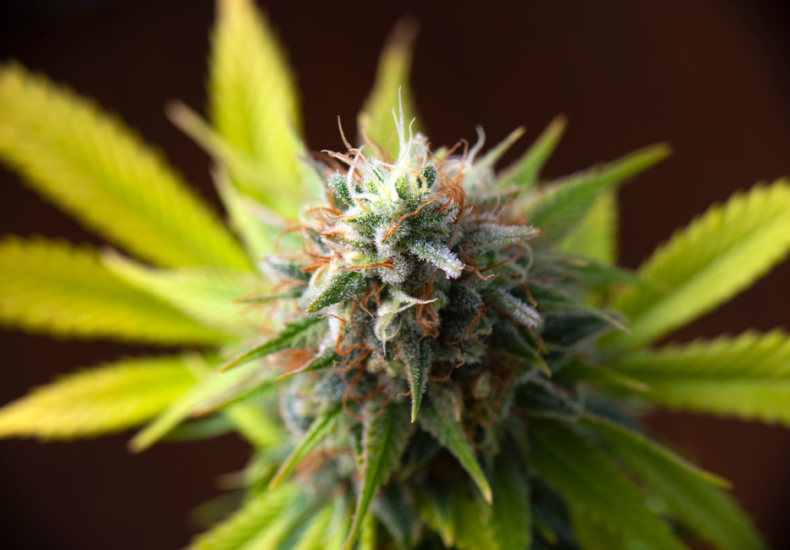
Cannabis for Anxiety Relief: Calming the Mind
Anxiety disorders affect millions worldwide, leading many to seek alternative treatments beyond traditional pharmaceuticals. One such alternative gaining attention is cannabis. This article explores how cannabis for anxiety relief, examining its benefits, potential risks, and the science behind its effects.
Understanding Anxiety Disorders
Anxiety disorders encompass a range of mental health conditions characterized by excessive fear or worry. Common types include generalized anxiety disorder (GAD), panic disorder, and social anxiety disorder. Symptoms can vary but often include restlessness, rapid heartbeat, and difficulty concentrating.
The Science Behind Cannabis and Anxiety
Cannabis contains over 100 cannabinoids, with THC (tetrahydrocannabinol) and CBD (cannabidiol) being the most well-known. These compounds interact with the body’s endocannabinoid system, which plays a role in regulating mood, stress, and anxiety.
THC and Anxiety
THC is the psychoactive component of cannabis, responsible for the “high” sensation. While it can induce relaxation in low doses, higher doses may exacerbate anxiety symptoms. This dual effect makes it crucial to understand individual tolerance levels.
CBD and Anxiety
CBD, on the other hand, is non-psychoactive and has been shown to have anxiolytic (anxiety-reducing) properties. Research suggests that CBD can help modulate serotonin levels, a neurotransmitter linked to mood regulation.
Research and Case Studies
Several studies have explored the effects of cannabis on anxiety. A 2019 study published in “The Permanente Journal” found that 79% of participants reported decreased anxiety after using CBD. Another study in “Neurotherapeutics” highlighted CBD’s potential in treating various anxiety disorders.
Case studies also provide insight into cannabis’s impact on anxiety. For instance, a patient with social anxiety disorder reported significant improvement in symptoms after using CBD oil, allowing them to engage more comfortably in social situations.
Benefits of Using Cannabis for Anxiety
- Natural alternative to pharmaceuticals
- Potential for fewer side effects compared to traditional medications
- Variety of consumption methods, including oils, edibles, and vaporizers
Potential Risks and Considerations
While cannabis offers potential benefits, it’s not without risks. High THC levels can increase anxiety and paranoia in some individuals. Additionally, long-term use may lead to dependency or cognitive impairments.
It’s important for individuals to consult healthcare professionals before starting cannabis for anxiety, especially those with a history of substance abuse or mental health disorders.
Legal and Accessibility Aspects
The legal status of cannabis varies globally, affecting accessibility for those seeking it for anxiety relief. In regions where cannabis is legal, dispensaries often provide guidance on strains and dosages suitable for anxiety management.
Personalized Approaches to Cannabis Use
Finding the right cannabis product and dosage is a personal journey. Factors such as body chemistry, tolerance, and the specific anxiety disorder play a role in determining effectiveness. Microdosing, or taking small amounts, can help individuals gauge their response without overwhelming effects.
Conclusion
Cannabis presents a promising option for those seeking anxiety relief. With ongoing research and increasing acceptance, it offers a natural alternative to traditional treatments. As with any treatment, understanding individual needs and consulting professionals can enhance the potential benefits while minimizing risks.
Recent Posts
- Goldco Reviews Explained: Browsing the Globe of Gold IRAs
- A Side-by-Side Comparison of the Best Gold IRA Companies
- How to Convert Your Individual Retirement Account to Gold: A Beginner’s Guide
- Actual Capitalists Share Their Ideas on Lear Resources
- The Scientific Research Behind Mushroom Coffee: Why This Fad is Right Here to Remain